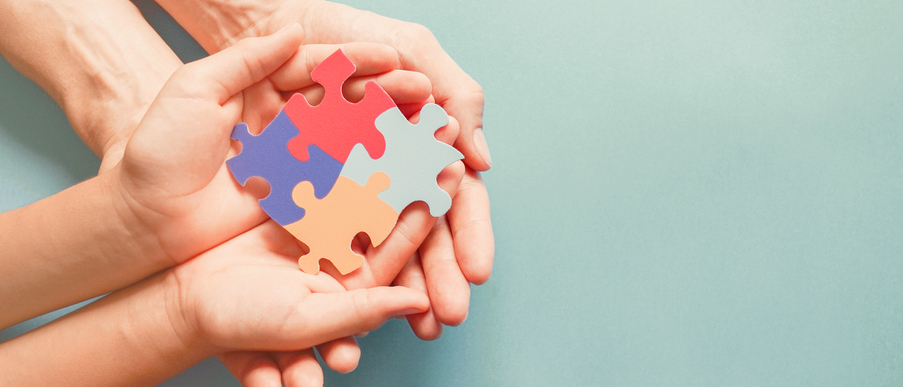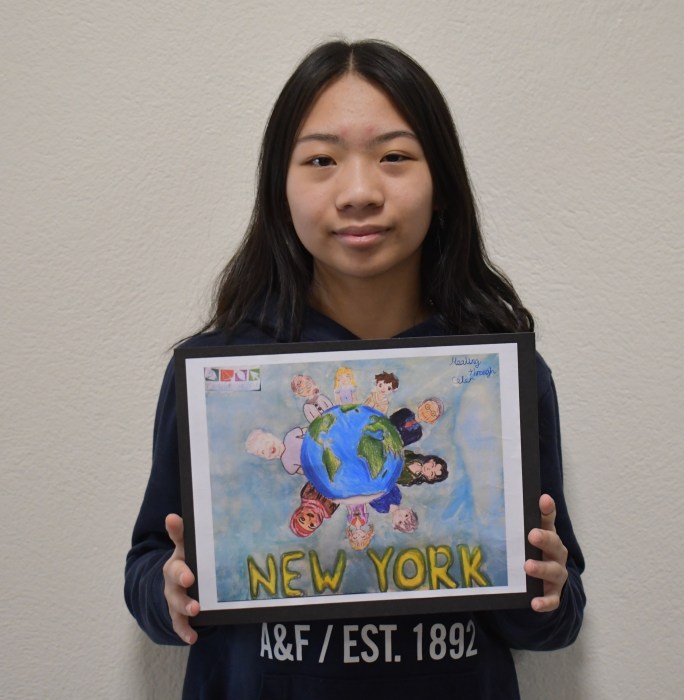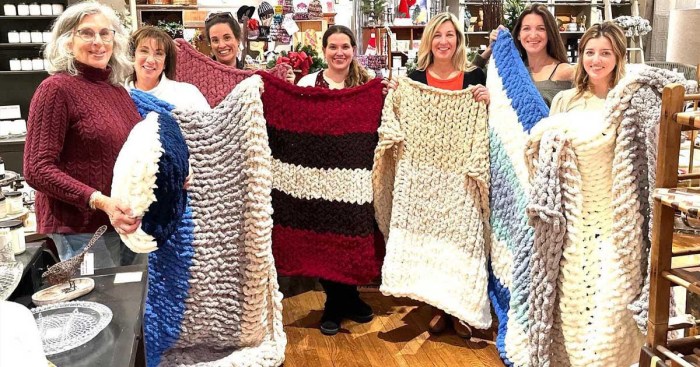Raising a Child With Autism
When my son was first diagnosed with Autism, I decided that I would still do ‘normal’ things and advocate for him to live a ‘normal’ life.
Boom. Wrong.
It didn’t take long to learn that having a child with special needs means ‘normal’ goes out the door. Of course, I am only human, and what mother doesn’t want their child to live their best life? I soon realized that I, the parent, had to learn to support my child’s growth at whatever pace he was at the present moment. This means working at his level. And much like a rubber band that springs back after going forward, the progress many parents experience with an autistic child goes back and forth, with triumphs and setbacks. At least, this is what parenting looks like for my family and me.
A Diagnosis is a GameChanger
Having a child on the high spectrum with Autism changes your life. I have always been a fierce mother, but having a child with special needs has made me an advocate, caretaker, and an expert at saying ‘no’ to the bull sh*t that life can throw at you. A special needs parent will know what I mean; there is no time to waste. Sure, when I am at the playground, I admit it hurts my feelings not to be friends with a group of parents like I have with my oldest child. It saddens me to see children ignore my boy, but the truth is, he doesn’t even notice nor care. All he sees is the fun he is about to enjoy at the park. He lives in the moment, enjoying the time hanging out with me. So I put my big girl pants on and shake off my ego, and join in on the fun.
It’s No Party
The CDC describes stimming as “people with an ASD might spend a lot of time repeatedly flapping their arms or rocking from side to side. They might repeatedly turn a light on and off or spin the wheels of a toy car. These types of activities are known as self-stimulation or “stimming.”
In the beginning, when my boy would stim, some parents would look at me with a hint of sadness or embarrassment — but I refuse to participate in a pity party. Yes, my kid outwardly shows what he lacks: speech, social cues, and ‘normal’ behaviors, but what he does show are happiness and love, and if you can’t get on board with that, your loss.
Parenthood can be a bit like high school. There are clicks, and there are the ‘cool’ moms. With my first child, I possessed the need to hang with other mothers. Those first few years of parenthood felt confusing and lonely, trying to navigate where I ‘fit’ in. It’s one reason I segued from the fashion world into parenting; I was figuring this new chapter out and wanted to share what I was learning. Yet with my second son, the hardships of finding a group I could commiserate with never happened. And this is okay. I have found that where both my child and I receive support (and yes, 100 percent, you need help in this journey as much as your child) is with my son’s ‘team.’ He has fantastic teachers, pare (classroom support), therapists, and doctors. For it takes many people and experts to get my son and the family in a healthy state. And if reading this, you think, “well, you’re rich.” I am not. Some aid is from organizations that fit into my budget and have been worth it, and other assistance comes from his school and organizations we stumbled upon when looking for help.
Pure Joy
My son is four and a half. He is still young and living his best life. He will swing at the park during a snowstorm with a smile on his face; he can do circles around many a teenager with his mad puzzle abilities. When he sleeps, he sometimes has traces of cinnamon and butter at the corners of his mouth; and all I can think of is how lucky I am. He is pure joy. Of course, like all parenting challenges, there are days harder than others. Some days leave us both in tears.
His future is one big mystery and frankly scary to wrap my head around, but if anything having a child with special needs has taught me is to cherish each day, and you will see the wonder and joy of life in spades.
Psst…Wanting to connect with moms with special needs kids? Check out Wolf + Friends App: For Parents With Special Needs Children
This story first appeared on NewYorkFamily.com.
































